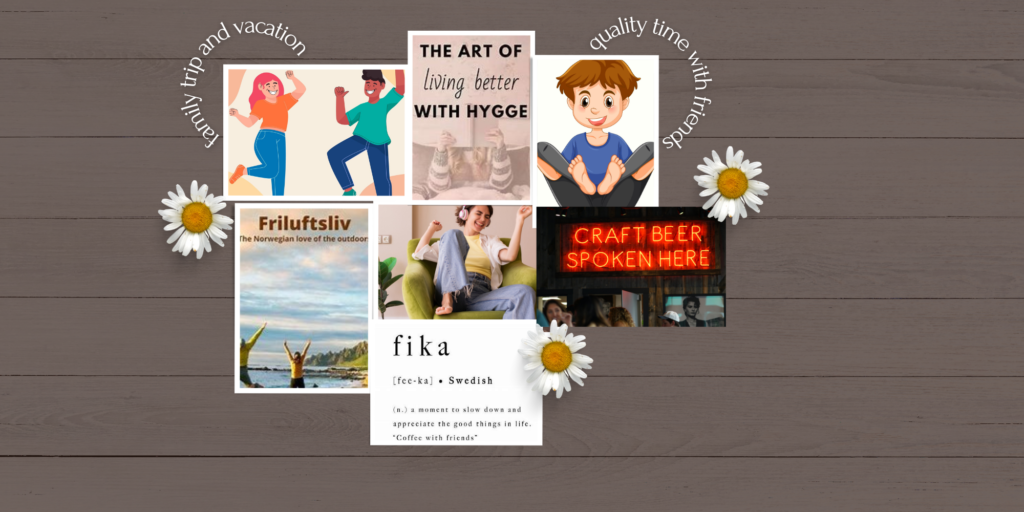Read time 7 minutes
This blog is another opportunity to feel grateful. Thank you, dear Universe, you continue to bless me with recovery and health.
Finland is that place on earth that tops the happiness index.
Why on earth am I even thinking about it? Am I contemplating migrating to feel happy or is there some way out?
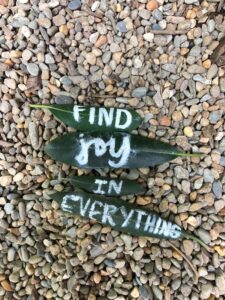
This blog post talks about some global fun practices that indirectly promote health. The idea inspired me to learn to appreciate uniqueness and reduce my stereotypes. A blend of these elements inspired my happiness and health quotient.
Understanding different cultures can inspire and play an important role in our lives. They can be a great source to fuel creativity, broaden perspectives, and encourage open-mindedness. Also, it helps in bridging connections and accepting diversity.
Above all, these concepts put us in a state of being happy. Happiness is the language that transcends cultures and is the most important word in our vocabulary.
Exploring Global Fun Practices for Happiness and Health
Let’s explore some fascinating global practices that contribute to happiness and well-being. Here are a few interesting ideologies that emerged as a way to life:
Pantdrunk (Finland)
The name itself is funny enough and makes a person inquisitive to know more.
It is a unique drinking culture that originated in Finland. The practice encourages one to chill at home consuming alcoholic beverages. The individual should be stripped down to minimal clothing, often just wearing their underwear.
The idea gained popularity for many reasons:
At times we like being in our own peaceful space, unjudged, enjoying, and feeling relaxed. Some people consider it a good way to be cost-effective and manage daily stress. It’s a lifestyle choice where they prefer grabbing their favourite cocktail accompanied by music, or a movie.
This unique culture worked for me with a difference:
Though I don’t have alcohol but found myself being in my space, sipping a mocktail at home. It proved a great way to unwind, get rid of stress, and loosen up. It immersed my senses to take the lead and make room to spend some time with a difference.
I’m sure the chill, enjoyment, and comfort had their silent health benefits.
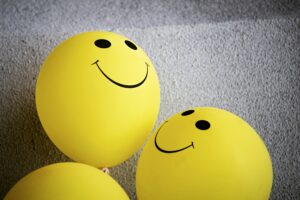
Laughter Yoga (India)
This one is contagious.
As the name suggests, the ideology involves deliberate laughter with a series of breathing and movements. It is generally a group exercise.
The session begins with clapping, chanting, and breathing exercises. The idea is to relax the mind and body.
It is my personal favourite as the role and power of humour and laughter are undeniable.
There are many benefits of laughter yoga including social bonding, and mood upliftment. It helps reduce stress and increase energy levels. It also strengthens the immune system, improving quality of life.
This unique therapy worked for me:
I realized not to differentiate between intentional and real laughter. Therefore, this therapy was great for my physical, mental, and psychological levels. During practice, I experienced how a good giggle put things in a healthy zone. It just activated my body’s natural relaxation system.
Forgetting the impact of my disease for the entire practice session was liberating.
Kintsugi (Japan)
One does not necessarily visit Japan to learn about its age-old tradition, the art of Kintsugi. It is quite a popular theory for the message it proclaims.
The art form involves repairing broken pottery uniquely and beautifully. The practitioners use golden lacquer to fill the cracks and put back the broken pieces of pottery.
To me, it came across as more than just a philosophy post my rare diagnosis. The story goes back to the days when I was diagnosed with a rare disease, Isaacs’ Syndrome.
Isaacs’ is a neuromuscular health condition that stems from muscle hyperactivity. My lift post-diagnosis underwent a drastic change. In the process, I also discovered that I had Lyme disease. Lyme is a bacterial illness that gets transmitted through ticks. I was also accompanied by Glaucoma. Glaucoma is an eye-related disease that damages the optic nerves. And Membranous Glomerulonephritis is a progressive kidney disease.
Post-diagnosis a variety of negative thoughts emerged and aggravated from nowhere. I started reacting so differently. Anger, confusion, loss of motivation, and fear, all made me feel paralyzed. My mind almost stopped working and I was unable to cry for help when it was needed the most.
Taking hints from how Kintsugi transforms lives, I studied the subject at length.
It was inspiring to learn how the art had the potential to gracefully fill my scars. It taught me to be patient, and cultivated optimism, it became the reason I opened to the idea of receiving help. It reiterated that a dent in life doesn’t necessarily mean, it’s all over. The art helped me understand the art of acceptance.
The art taught me to stop getting into the comparison business. I learned that it will never measure up to people’s idea of success and worthiness. The logic helped me gain much freedom and heal better.
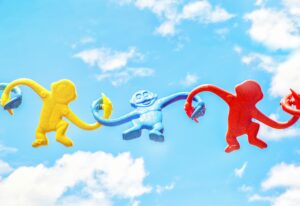
Lykke (Denmark)
In Danish, Lykke is another word for happiness.
There are different practices that global cultures adopt to keep themselves alive and cheerful.
It is the quality of life, health, freedom, trust, and togetherness that explains why people of a particular country are happier than others.
In my opinion, it is about taking control of things that could make one happier. Some of my initiatives toward this ideology that helped were:
- Reading a piece that instantly put a smile on my face.
- Inviting friends to chit-chat
- Going out on a casual walk without any specific agenda.
- Practicing a hobby.
- Having a hot cup of tea with some of my favourite cookies. And the list goes on.
Ultimately, it’s got to do happiness and exploring what resonates with each individual is important. Incorporating small changes in my daily routine changed my energy to being happy. At times the simple of all things brings immense joy and has a ripple effect towards bigger things.
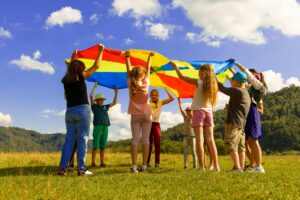
Friluftsliv(Norway)
It is a concept that embraces the outdoors and promotes ‘open-air living’.
After feeling glum and glued to my room for years together post-diagnosis, I appreciated how this concept encourages a perspective of spending time in the outdoors.
There are many health benefits associated with nature. The idea supports spiritual, mental, emotional, and overall well-being. This practice seemed closely associated with forest bathing, quite popular in Japan.
Imagine!!
A night under the sky or getting acquainted with the voice of birds or for that matter breathing and eating fresh. The wow moments have more on the list like walking barefoot on grass and feeling nature’s energy.
It has such a dopamine experience to explore new things that have all the positive vibes.
Fika (Sweden)
A delightful ritual with the simplicity of having a coffee break. Then what makes it special?
Fika is taking a moment to slow down to appreciate the good things in life.
This concept worked for me:
Post diagnosis, I initiated hanging out with loved ones, made some new friends, and was a way to be social. Typically, it was more of a social affair with no particular agenda.
My illness had confined me to a room. I used this concept as an opportunity to take a break from my regular daily activities. It was refreshing and helped my creative juices flow again. During those breaks, I experienced a sense of calmness and happiness. I even allowed myself to cheat on my diet. The ultimate idea was to achieve happiness.
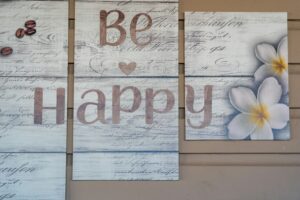
The Indirect Positive Effects on Health
It’s an individual’s state of mind that is important to gain life satisfaction. Luckily our world has plenty of ways that encourage true wellness.
Even Research reports talk about how well-being and happiness are closely linked. Happiness can reduce the sense of pain, and fewer chronic infections and diseases. Happy moments can reduce stress, make us smile, and promote all aspects of health.
How I Incorporated These Global Fun Practices into Daily Life?
Incorporating them into our daily routines significantly enhanced my well-being and overall satisfaction.
I created a bias towards these activities and literally anything that gave a smile on my face. Whenever I felt under the weather, I found ways to add a touch of joy and fun to my daily routine.
Incorporating these small changes in my daily routine changed my energy. Starting and ending the day with a smile is great. I preferred watching a funny series or a video. I had my breakfast in the open with nature. Took a break, sat quietly, and breathed, it let go of all the discomfort.
These global practices indirectly contributed to happiness which improved my health.
I encourage my readers to explore what resonates with each individual. Reading and watching diverse content and connecting with nature could be helpful. Also, taking care of nutrition, building connections, and learning new skills could add to the happiness quotient. Simultaneously, practicing meditation and different physical exercises could take us a long way.
DISCLAIMER
The views expressed above in this article are the author’s own and do not represent any kind of medical advice.


